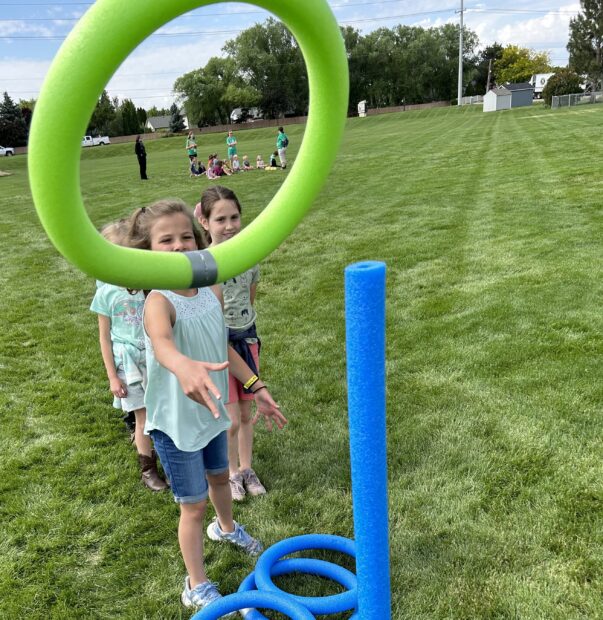
Homeschool Idaho brought 45 vendors and more than a dozen practical workshops to its annual convention in Meridian where about 1,000 parents, speakers and volunteers gathered for the three-day event.
“The convention provides a unique opportunity to become inspired, refreshed and equipped to continue — or perhaps begin — the great adventure of homeschooling,” wrote convention director Linda Patchin in her welcome letter.
Various experts discussed how to navigate learning challenges, curriculum, social media, auditory processing, graduation, choosing a college and — for new parents — how to get started.
Friday morning’s keynote address was delivered by Aby Rinella, a homeschool mom, writer, podcaster and outdoor enthusiast. Her presentation focused on the legacy of homeschooling, cautioning against accepting government subsidies or education grants.
“What we’re doing as homeschoolers is we’re shutting the front door to the government involvement in our homes. When homeschoolers take the money, we’re opening the back door and saying come in and tell us how to teach your kids,” Rinella told the audience.
She also cited an unconventional yet valuable experience. One homeschool family allowed their son to build an addition to their house. “That was probably one of their most educational years,” she said.
Stand strong, Rinella challenged, and preserve the legacy of homeschooling, because your children will thank you. “I can open my Bible every day and read it to my kids … into math, and language, history, and science. What will be your legacy?”
Workshop presenter Jenny Nelson led a discussion on how to enjoy the homeschooling experience. “Once I started, there was no going back. I loved it. I am so grateful we had all those hours together and I wouldn’t change it,” she said.
She talked about finding dinosaur bones in Wisconsin and watching buffalo herds in Yellowstone. “You can’t duplicate this inside your house with a textbook.”
Among the 10 featured speakers were:
- Adam Andrew — director of the Center for Literary Education and a homeschooling father of six.
- Connie Albers — a mompreneur, podcaster, speaker, author, and homeschool subject matter expert for media outlets.
- Pamela Gates — an educational consultant and certified learning specialist in Dianne Craft’s Right Brain Learning System.
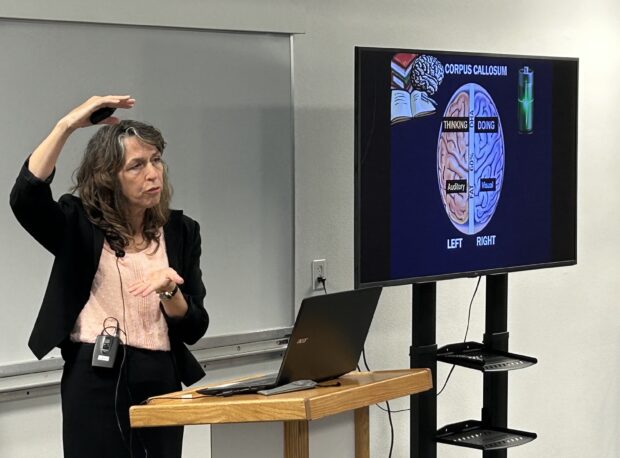
Homeschooling four children in Coeur d’Alene
The Kacalek family chose homeschooling to maintain a close-knit family and have more opportunity to develop relationships with their four children: ages 10, 8 and 6-year-old twins.
“As the years have gone on we have developed secondary reasons for keeping our kids home. Those include teaching them a Biblical worldview, freedom to enjoy extra curricular activities like off-season vacations and camping, and the ability to pick the curriculum that best fits our needs and learning styles,” said Heidi Kacalek.
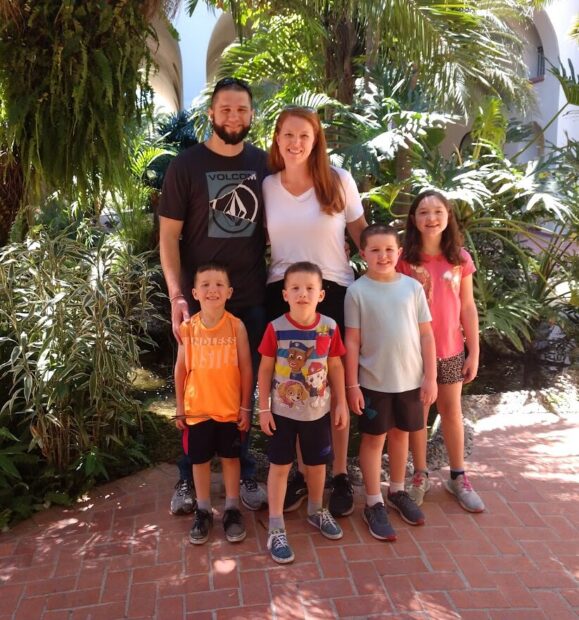
This was their fourth convention. Kacalek appreciated the practical tools provided in the workshops.
“I enjoyed a presentation on teaching kids how to critically think about what they read. Using different strategies in the younger years and gradually increasing discussion surrounding the worldview of the author and ideas that the text presents,” she explained.
The homeschooling community in Coeur d’Alene has grown exponentially with new families moving to the area. “There are multiple co-ops, library programs, field trips, park day meet-ups, and church events that bring us all together and enable moms to collaborate and connect,” she said.
The misconception that homeschooling does not do enough school work is inaccurate: most parents are conscientious about educational standards, she said, adding that there are two ways of learning in her home.
“We have our ‘book-work,’ which is math, language arts, spelling; and our ‘learning through living’ where we learn through experiences, cooking, chores, books, and asking questions,” Kacalek said.
Graphic novels bring Pythagoras and Democritus to life

Jonathan Pappas, 21, started an education company in Boise called Quadrivium School. The young mathematician, software engineer and author created graphic novels to engage students in math, called Arithmetic with Pythagoras.
Pappas is also a classical educator who teaches homeschool children in a Boise-area co-op classroom.
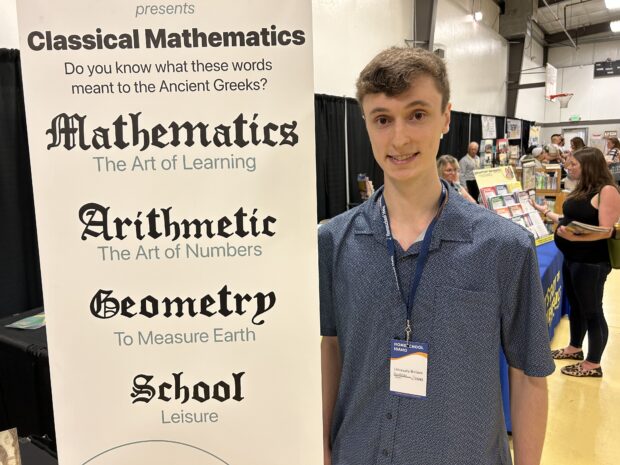
“There are a lot of very interesting ideas from history and things that shaped Western culture. And it’s really great to see that history, so you can have a good understanding of some of our modern conversations, because a lot of these conversations started around 2,000 years ago,” Pappas explained.
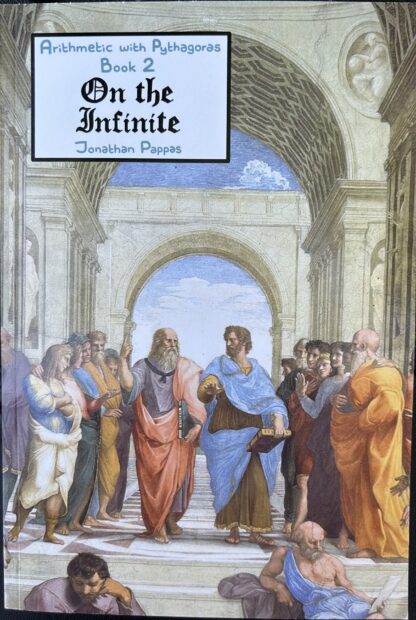
“It’s very interesting to see that things that we think are new are actually quite old,” he added.
Pappas was inspired by math teachers who were “alive and dynamic.” As he began his teaching journey, he sought to write curriculum that used an approachable visual style. That’s when he chose a dead-pan stoic statue of Pythagoras, who engages in humorous mathematical conversations.
In the near future, look for additional novels in Pappas’ book series. You can find his novels and website at this link.
Homestead curriculum teaches a self-sufficiency lifestyle
A unique curriculum company that explains how to live off your own land — raise poultry, preserve food and forage — piqued plenty of interest between workshops and presentations.
Kody Hanner created the Homestead Education from her 40-acre farm in Bonners Ferry. She and her husband homeschool six children while running their growing business: producing curriculum, writing books, speaking at conferences, creating podcasts and Youtube videos, and helping new homestead business owners.
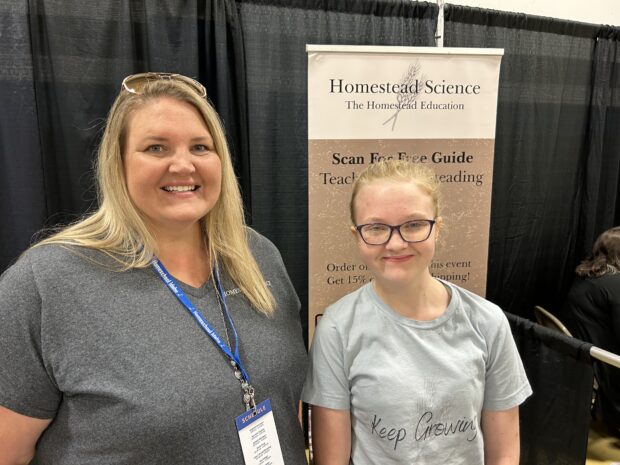
Hanner’s lifestyle was borne from financial necessity, after her husband was diagnosed with a serious medical issue.
“We had to go completely all-natural,” she said. “Every time I learned how to do something myself, I wrote a lesson for the kids.”
With that growing list of lessons, she decided two years ago to share her curriculum with homestead enthusiasts and groups that were popping up during the pandemic.
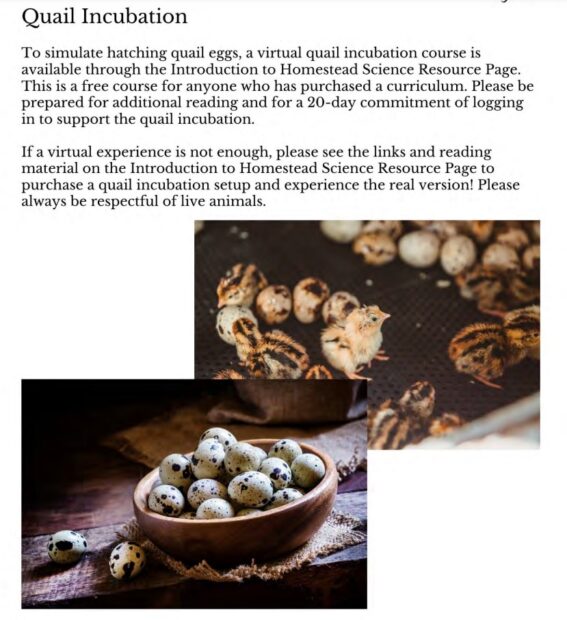
“I wrote this to be able to teach the kids the why behind all of the science,” she said.
The curriculum serves K-12. For middle and high school students, the textbook Introduction to Homestead Science is 302 pages and 18 units. There is a unit about working with dairy cows and raising fiber animals, like sheep; another unit discusses preservatives, bread, food safety and planning meals. Each unit includes vocabulary, research, and activities and projects.
“People realize that our system is broken — our food system is broken, our supply chain system is broken — and they want to be able to have a self-sufficient lifestyle for themselves and for their kids,” Hanner said.
